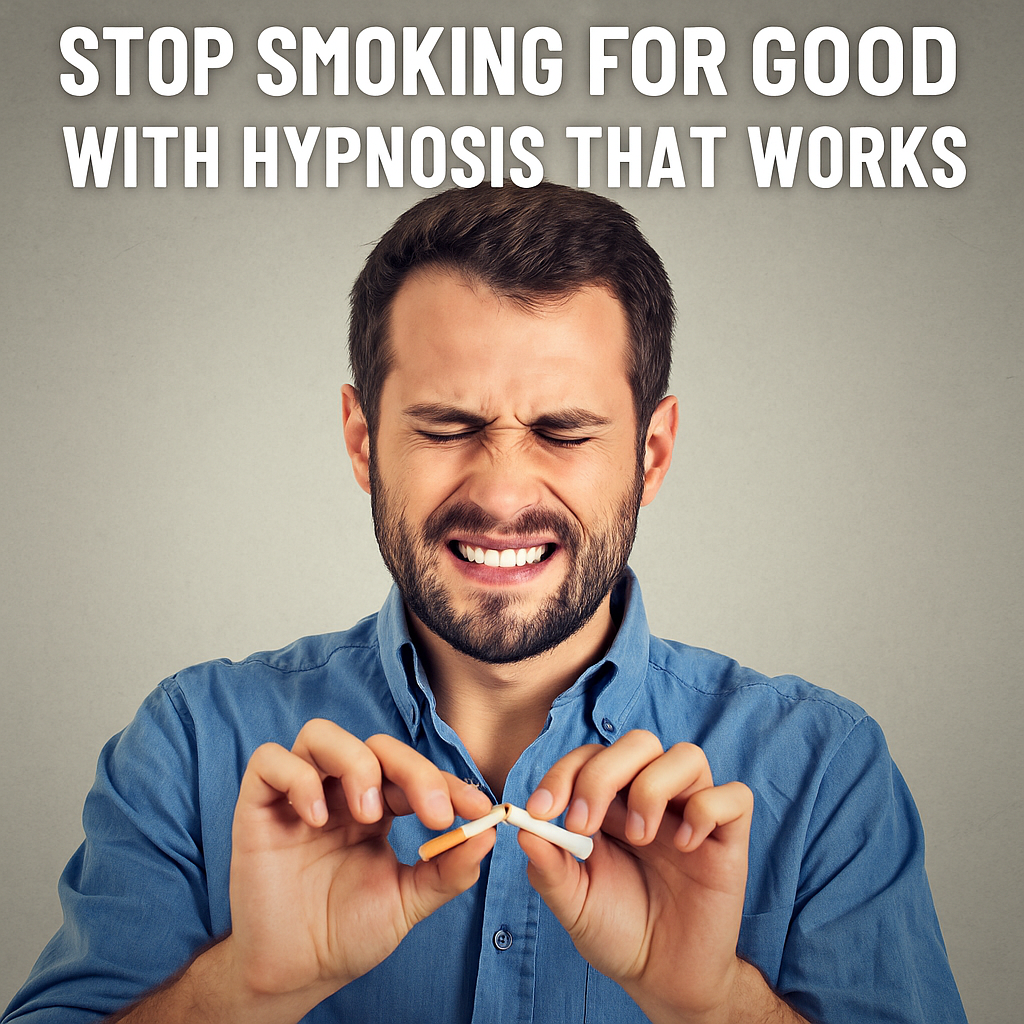Understanding Anxiety Medication: Types, Benefits, and Considerations
Anxiety can be a debilitating condition that significantly impacts a person’s quality of life. While therapy and lifestyle changes are essential components of treatment, medication can also play a valuable role in managing anxiety symptoms.
In this comprehensive guide, we’ll explore the various types of anxiety medications, their benefits, potential side effects, and important considerations to keep in mind when considering medication as part of an anxiety treatment plan.

Types of Anxiety Medication:
- Selective Serotonin Reuptake Inhibitors (SSRIs): SSRIs are commonly prescribed antidepressants that work by increasing the levels of serotonin in the brain. These medications are considered first-line treatments for various anxiety disorders, including generalized anxiety disorder (GAD), panic disorder, and social anxiety disorder. Examples of SSRIs include sertraline (Zoloft), fluoxetine (Prozac), and escitalopram (Lexapro).
- Serotonin-Norepinephrine Reuptake Inhibitors (SNRIs): SNRIs are another class of antidepressants that work by increasing the levels of serotonin and norepinephrine in the brain. Like SSRIs, SNRIs are effective in treating anxiety disorders and may be prescribed when SSRIs are not fully effective or well-tolerated. Examples of SNRIs include venlafaxine (Effexor) and duloxetine (Cymbalta).
- Benzodiazepines: Benzodiazepines are a class of medications that act as central nervous system depressants, producing a calming effect. While benzodiazepines can provide rapid relief of anxiety symptoms, they are generally prescribed for short-term use due to the risk of tolerance, dependence, and withdrawal. Examples of benzodiazepines include alprazolam (Xanax), lorazepam (Ativan), and clonazepam (Klonopin).
- Buspirone: Buspirone is a non-benzodiazepine anxiolytic medication that works by affecting serotonin receptors in the brain. It is used to treat generalized anxiety disorder and may be less sedating and less likely to cause dependence compared to benzodiazepines. Buspirone may take several weeks to become fully effective.
Benefits of Anxiety Medication:
- Reduction of anxiety symptoms: Anxiety medications can help alleviate symptoms such as worry, restlessness, and panic attacks, allowing individuals to function more effectively in daily life. Improvement in overall quality of life: By reducing anxiety symptoms, medications can improve sleep, concentration, and overall well-being.
- Enhanced effectiveness of therapy: Medication can complement psychotherapy by reducing the intensity of symptoms, making it easier for individuals to engage in therapeutic techniques and strategies.
Potential Side Effects and Considerations: While anxiety medications can be effective, they also carry the risk of side effects and other considerations to keep in mind. Common side effects of SSRIs and SNRIs may include nausea, headache, insomnia, and sexual dysfunction. Benzodiazepines may cause drowsiness, dizziness, confusion, and coordination problems, especially when used in combination with alcohol or other central nervous system depressants.
Long-term use of benzodiazepines can lead to tolerance, dependence, and withdrawal symptoms upon discontinuation. It’s essential to work closely with a healthcare provider to monitor the effectiveness of medication, adjust dosages as needed, and address any concerns or side effects that may arise.
Anxiety medication can be a valuable tool in managing anxiety symptoms and improving overall quality of life. By understanding the different types of medications available, their benefits, potential side effects, and important considerations, individuals can make informed decisions about incorporating medication into their anxiety treatment plan. It’s crucial to work closely with a healthcare provider to determine the most appropriate medication and dosage for your specific needs, as well as to monitor your progress over time.
Remember, you are not alone in your journey, and support is available to help you navigate the complexities of anxiety and find relief.
I can help free you from anxiety while significantly boosting your self-esteem. Get a free copy of my program, The Power of Your Unconscious Mind – https://www.practiceamplifier.com/powermind
The post Understanding Anxiety Medication: Types, Benefits, and Considerations first appeared on Indy Hypnosis Center.



